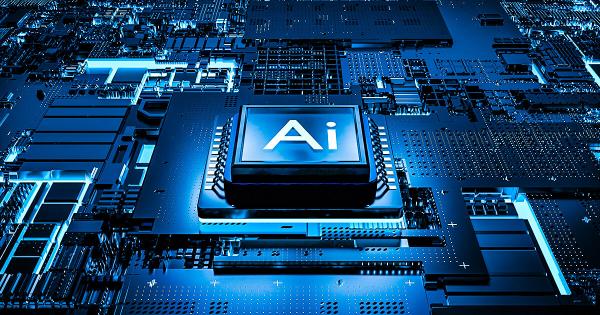The rapid development and wide range of capabilities of generative AI will usher in a new era of productivity, transforming various business sectors, according to a recent McKinsey report.
Whereas standard AI has typically focused on detecting patterns, making decisions, and data analysis, generative AI refers to programs that create content, including text, audio, code, images, and video.
By analyzing 63 different use cases, McKinsey researchers estimated generative AI could add between $2.6 trillion and $4.4 trillion to the global economy annually. For comparison, researchers pointed out that the U.K.’s 2021 GDP was $3.1 trillion.
Furthermore, the report stated the estimate would approximately double if researchers took into account the impact of “embedding generative AI into software that is currently used for other tasks beyond those use cases.”
In assessing impact, researchers concluded that generative AI is set to transform roles and boost the performance of sales and marketing, customer operations, and software development. The knock-on effect would likely see trillions of dollars in additional value unlocked across multiple industries, such as in banking and life sciences.
Unlocking value
The report highlighted that 75% of generative AI’s value falls across four main areas: customer operations, marketing and sales, software engineering, and R&D.
It stated the technology’s ability to automate tasks and streamline operations within these areas offers businesses the opportunity to significantly improve productivity and competitiveness in the global marketplace through automating tasks that currently consume 60-70% of employees’ time.
Generative AI is expected to have a significant impact on all industry sectors, with banking, tech, and life sciences projected to experience the most significant gains.
Per the report, the banking industry could see value equaling an additional $200 billion to $340 billion annually if generative AI use cases were fully implemented. The retail and consumer packaged goods sectors are also expected to benefit significantly, with a potential impact of $400 billion to $660 billion per year.
As a result, workforce transformation may accelerate, driven by the potential for technical automation. Companies will need to invest in supporting workers as they shift activities or change jobs to harness generative AI’s potential for labor productivity growth.
Challenges and implications
To make the most of the opportunity, McKinsey researchers highlighted challenges to overcome, including determining new skills and capabilities needed, rethinking core business processes, and ensuring staff are adequately supported.
As the technology continues to develop, it is essential for businesses to adapt and invest in the necessary infrastructure, skills, and processes to ensure they are able to seize the opportunity, said researchers.
The post McKinsey estimates generative AI could add $4.4 trillion to global economy annually appeared first on CryptoSlate.












